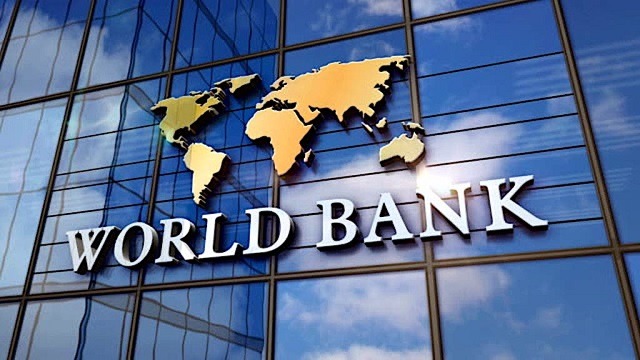The World Bank in its 8th Ghana Economic Update, has indicated that more than half of the 23 banks operating in Ghana are well-positioned to avoid the need for recapitalisation.
According to the World Bank, within a year, most banks successfully achieved over two-thirds of the required recapitalisation target, originally set to be completed in three years.
The Bank of Ghana anticipates that the early completion of these recapitalization efforts will bolster the banking sector’s resilience, enabling it to provide robust support for the recovery of the real economy.
The Bank of Ghana also noted that banks impacted by the Domestic Debt Exchange Programme (DDEP) in 2023 continue to implement their approved capital restoration strategies, in accordance with the Central Bank’s guidelines.
The 8th Ghana Economic Update from the Bretton Woods institution highlighted that the banking sector is now stronger and better capitalised than during the DDEP, with increased profitability, though some emerging risks remain.
Specifically, banks have seen significant improvements in profitability, with return-on-equity after-tax surging to 34.2% in December 2023, up from -34.4% in December 2022. Similarly, return-on-assets climbed to 5.4% from -3.8% over the same period.
The Capital Adequacy Ratio (CAR) remained relatively high at 13.9% in December 2023, comfortably exceeding the revised prudential minimum of 10.0%, as losses from the domestic debt restructuring were not fully accounted for due to regulatory relief.
However, the industry’s non-performing loan (NPL) ratio increased to 20.7% in December 2023, up from 16.0% in December 2022, and further rose to 25.7% by April 2024.
This uptick is largely attributed to heightened credit risk, driven by the delayed effects of the 2022 macroeconomic crisis.


